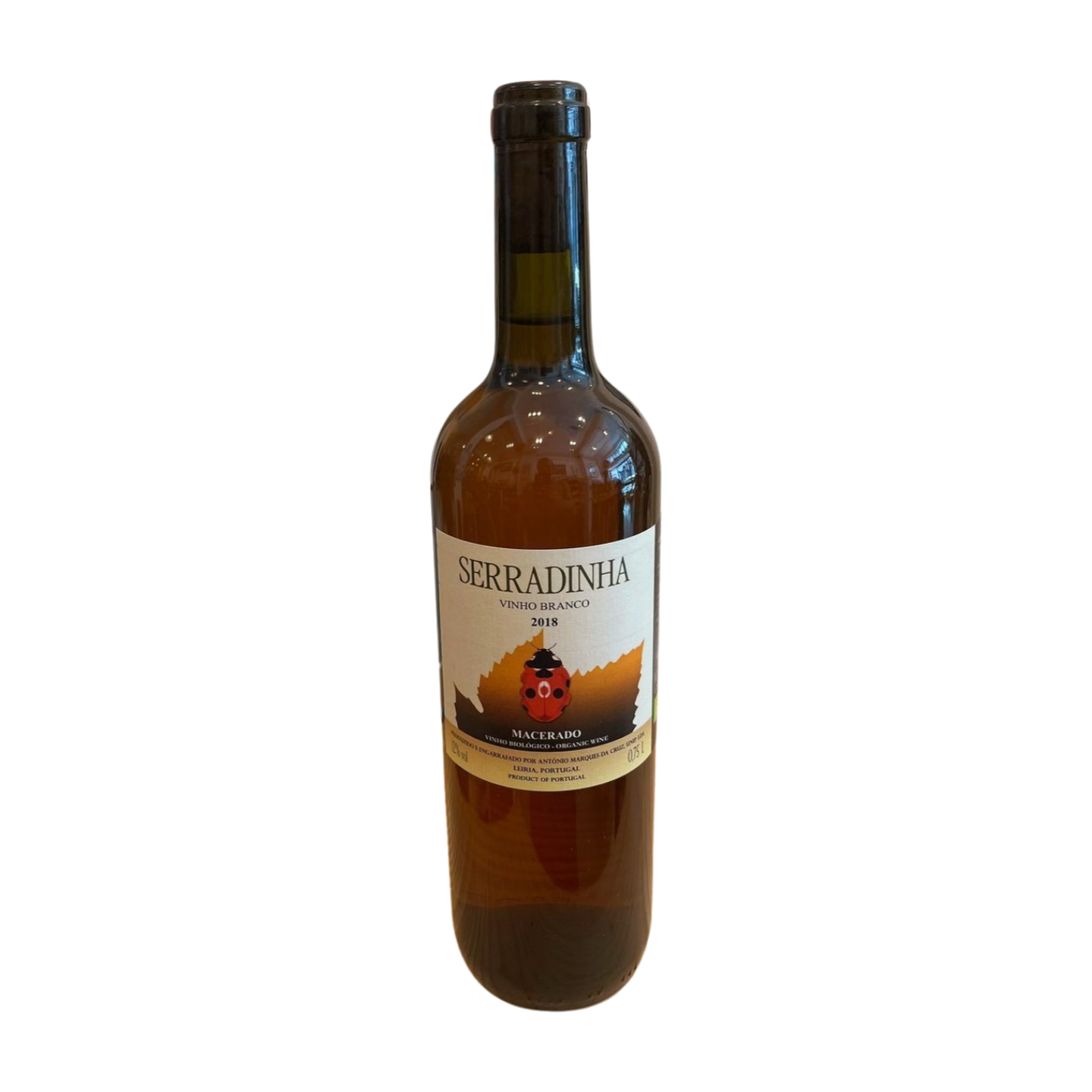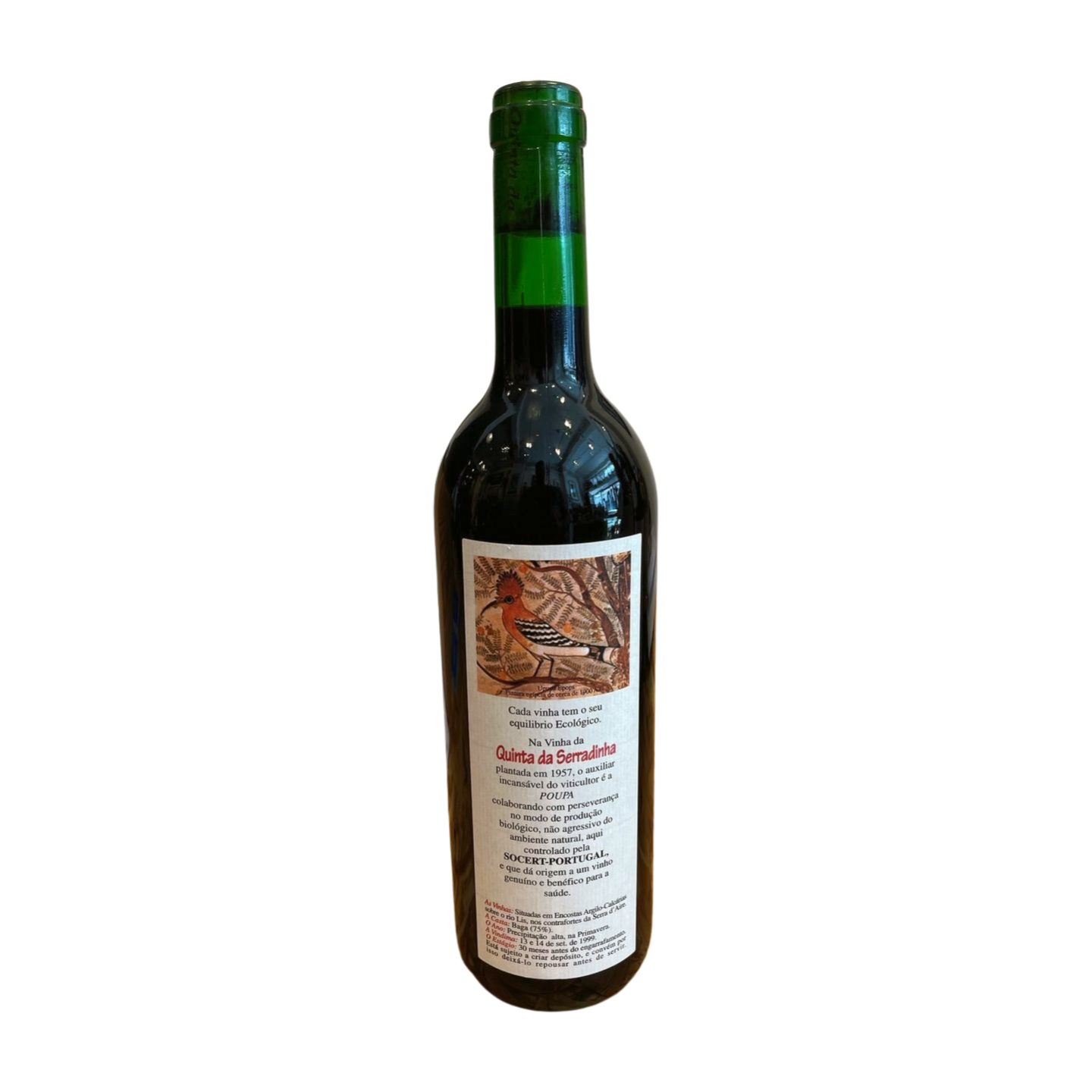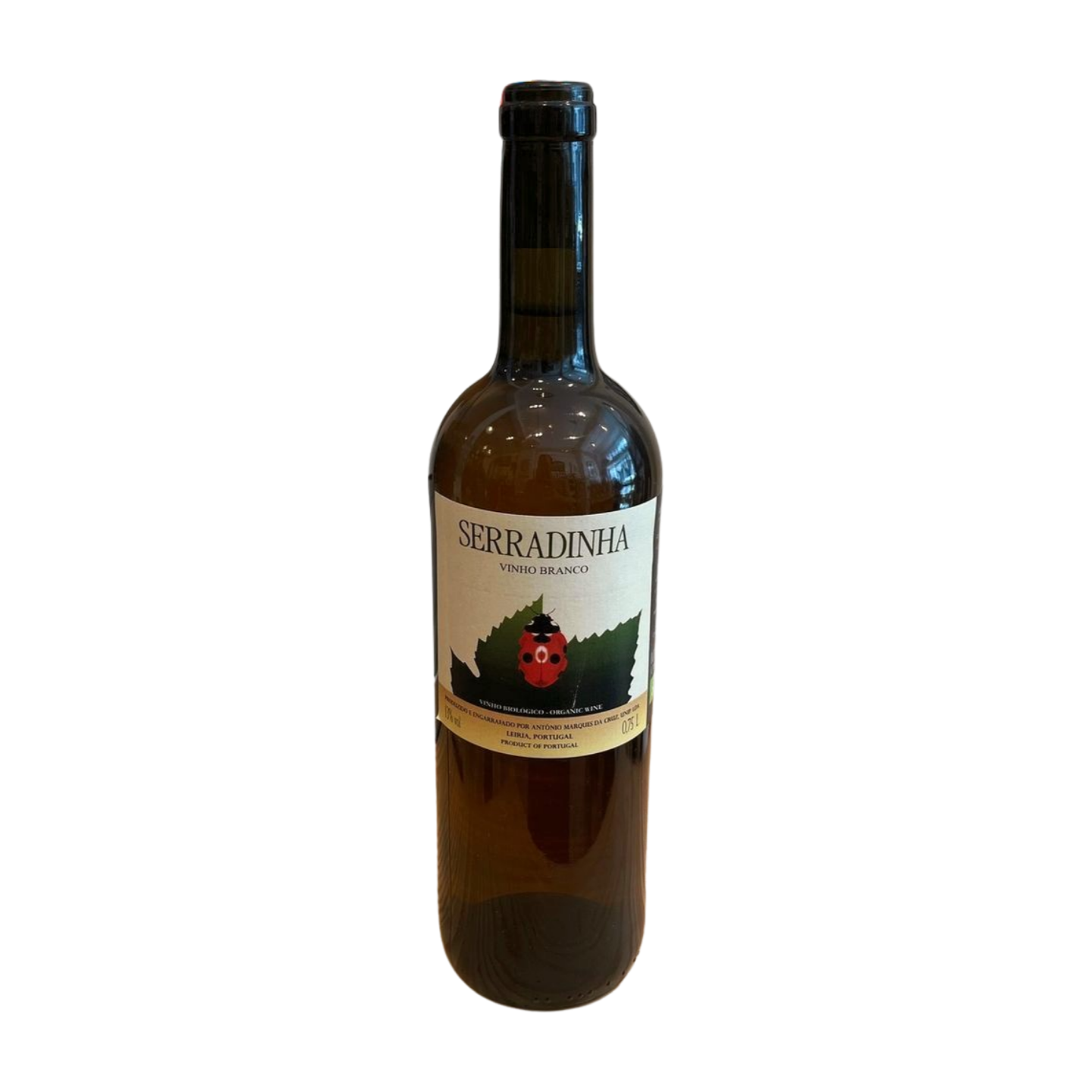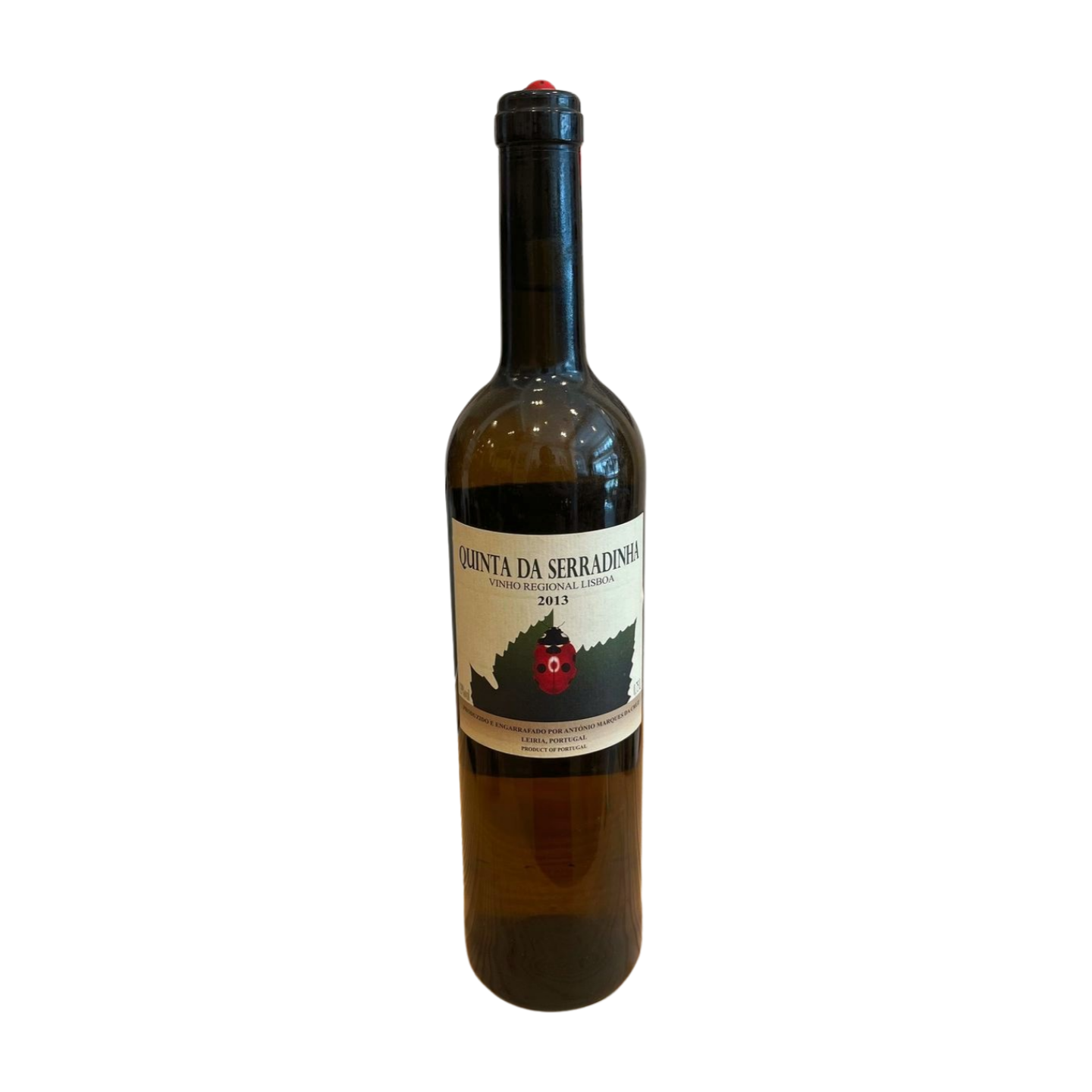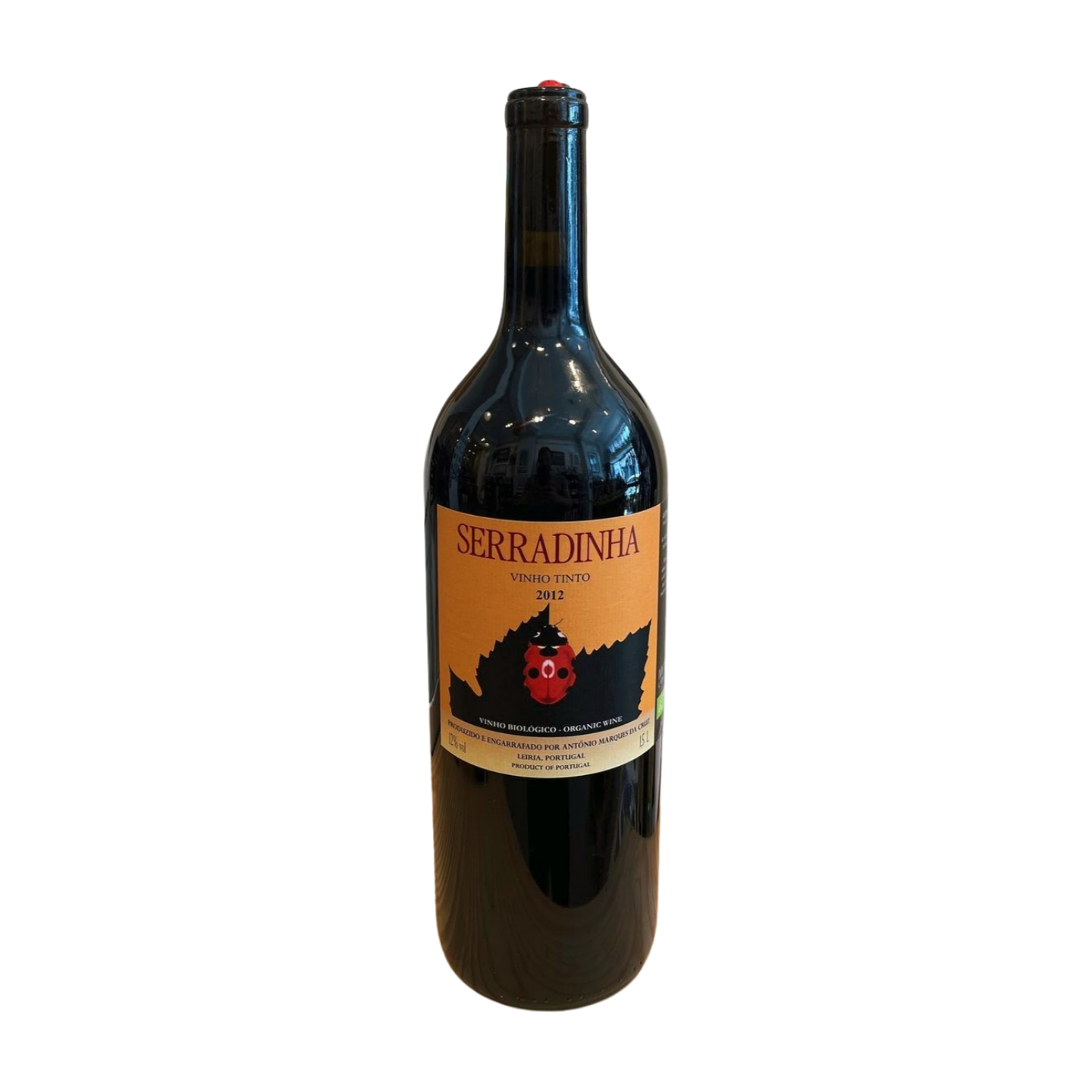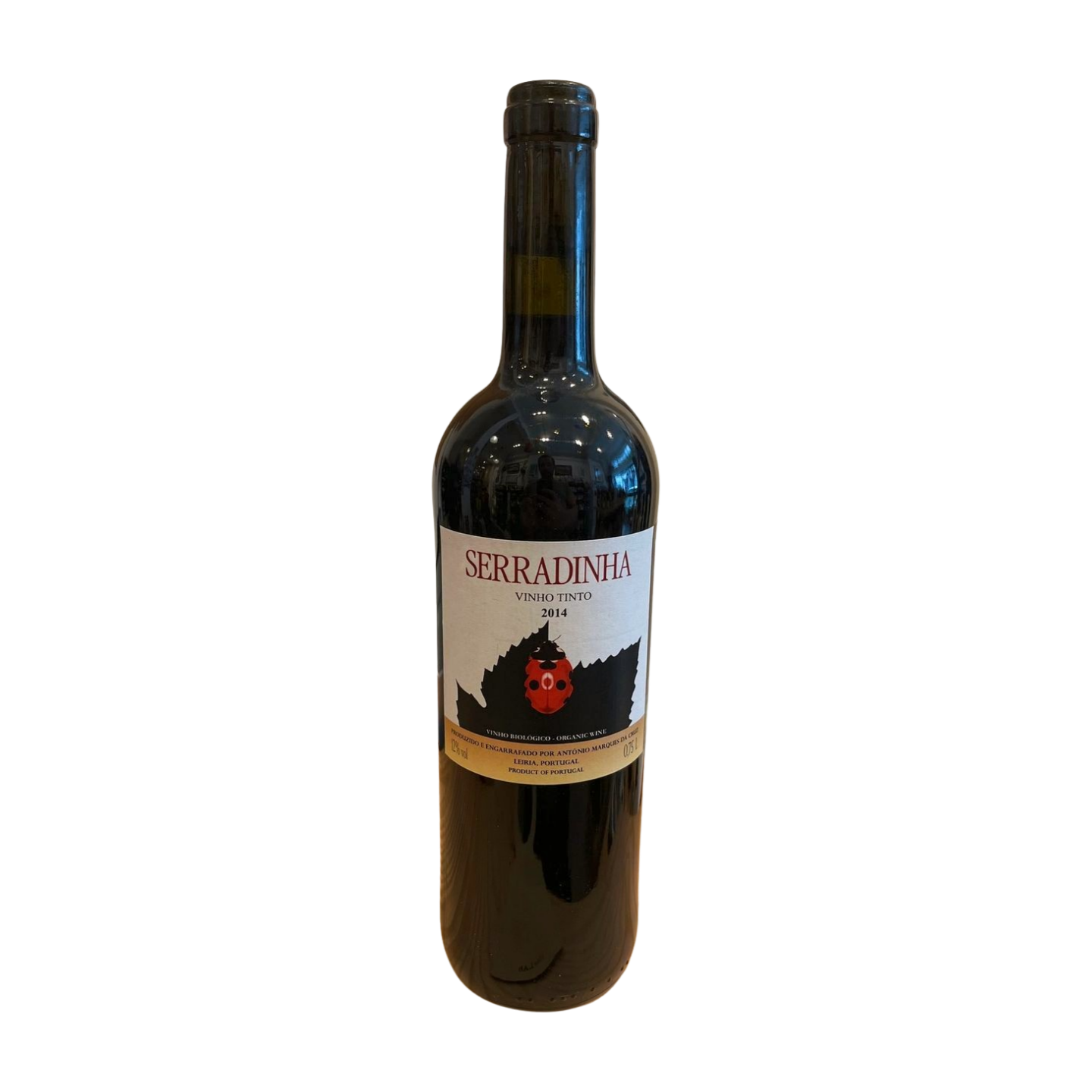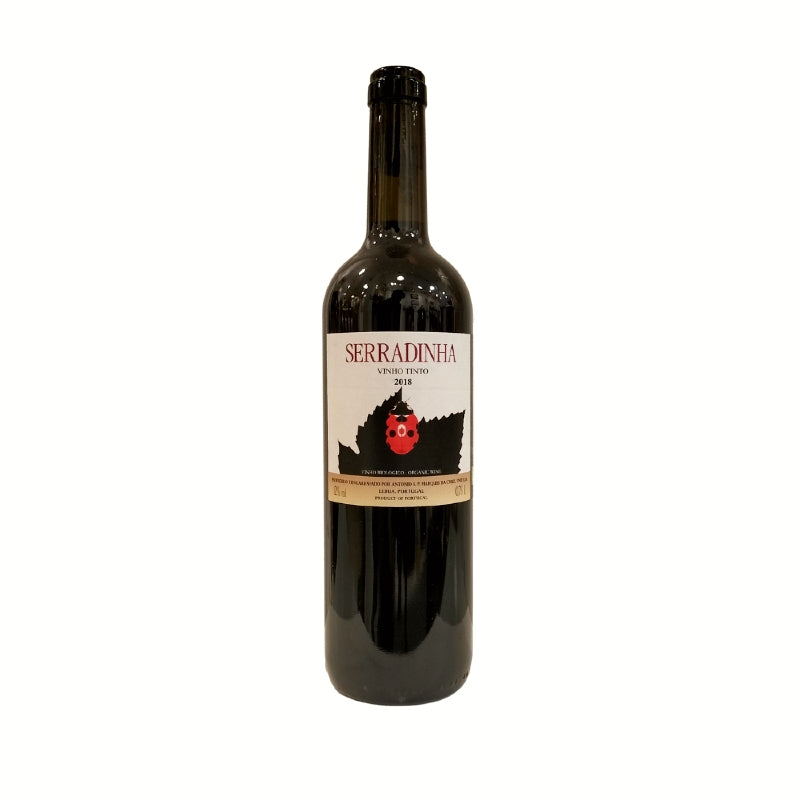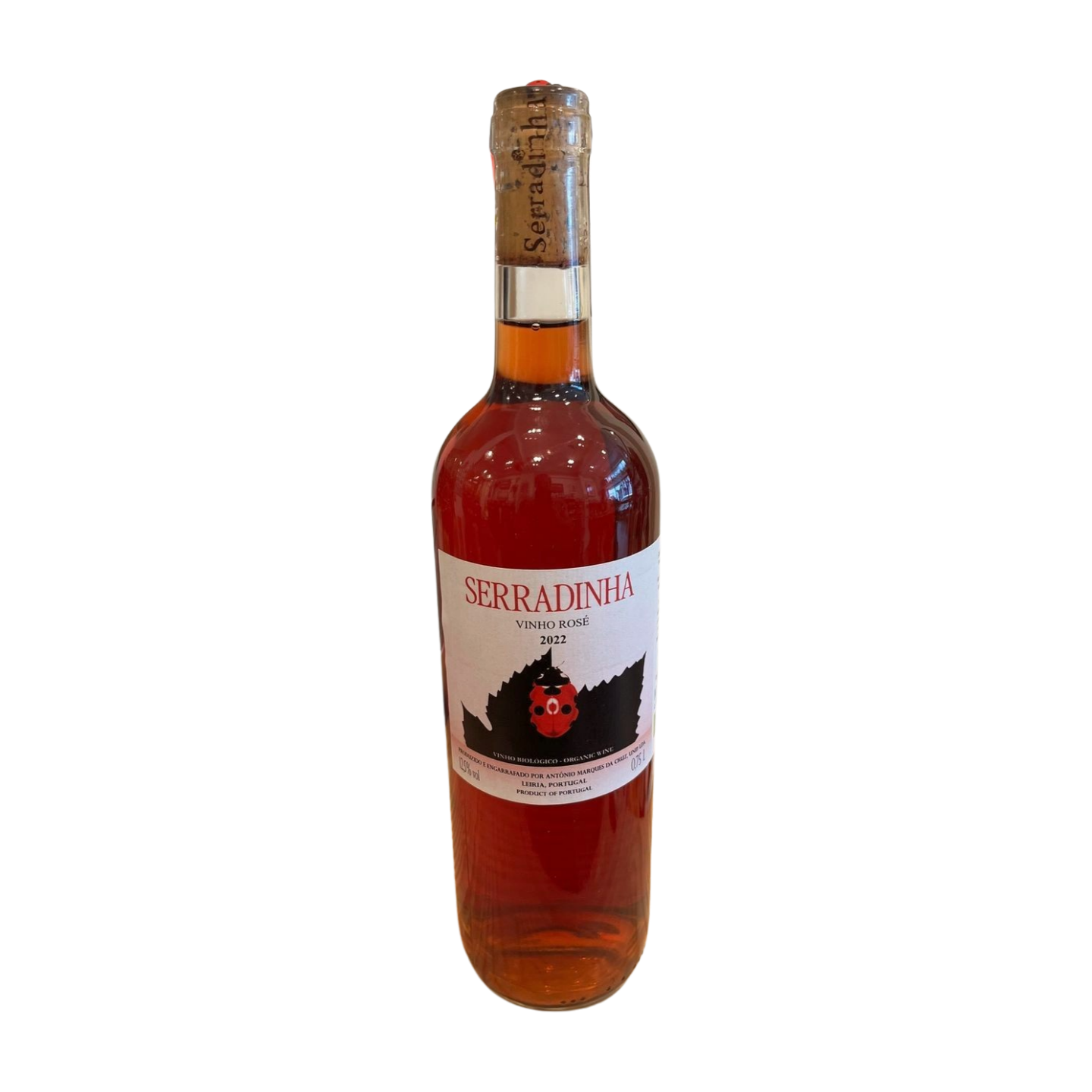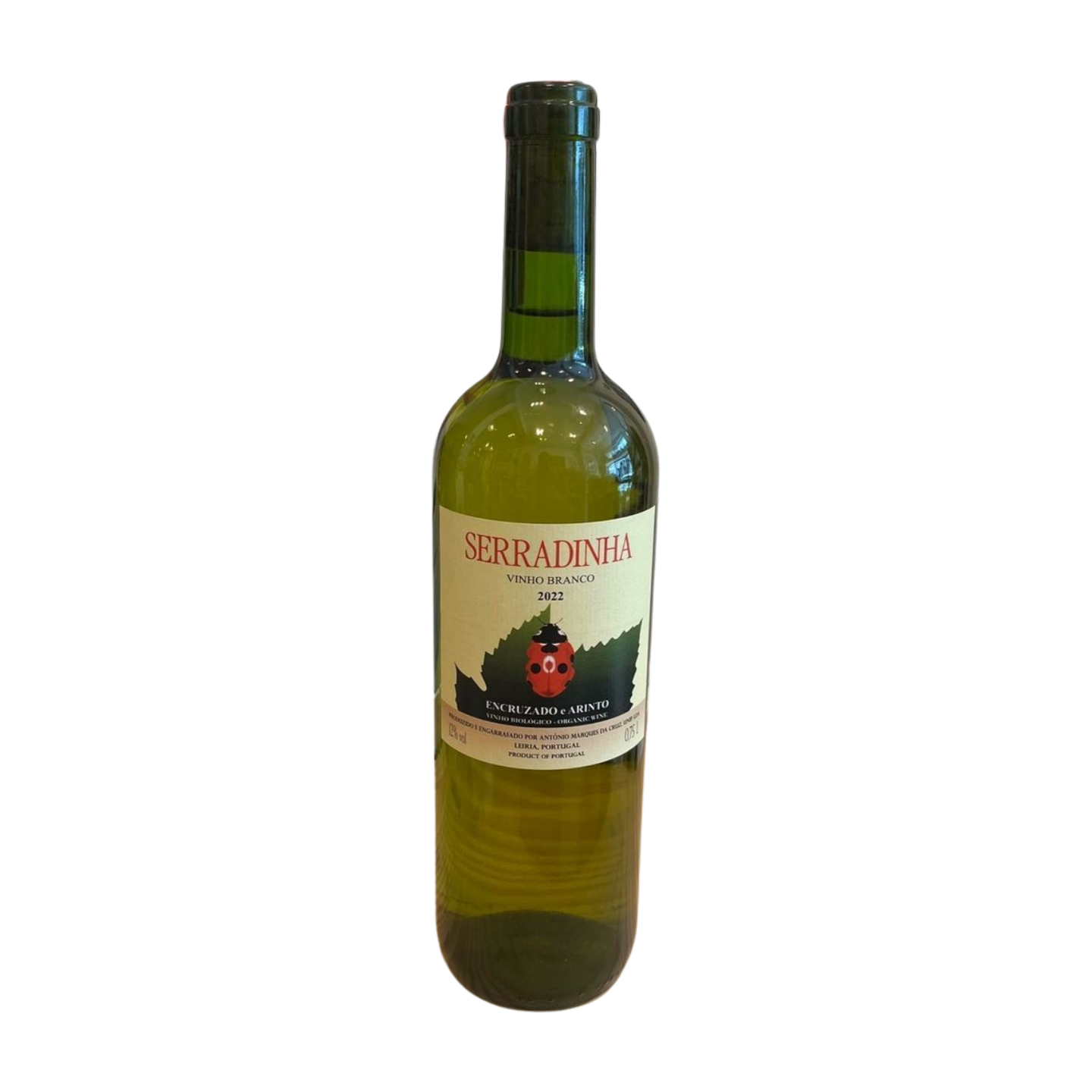Quinta da Serradinha
Within the Leiria area of Portugal, Quinta da Serradinha whispers a tale of five generations. Here, António Marquês da Cruz, the current custodian, carries the torch of a family deeply rooted in viticulture. Since 1957, their vines have thrived under the influence of the Encostas de Aire DOC. The Atlantic whispers tales of cool mornings and high rainfall, balanced by the warmth of dry summers. These contrasting forces create a canvas of slow, patient maturation, allowing grapes to retain their aromatic complexity.
Sustainability is woven into the very fabric of Quinta da Serradinha. Long before organic practices became mainstream, in 1994, they embraced this philosophy. Their 6 hectares of vines flourish in clay-limestone soil, basking on south-facing slopes. Here, nature reigns supreme, with organic methods guiding every step of the harvest.
The heart of Quinta da Serradinha beats with a focus on indigenous grape varieties. Baga and Tinta Miúda, the quintessential reds of the region, find their place alongside Alfrocheiro, Touriga Nacional, and Castelão. For whites, Arinto and Fernão Pires offer their refreshing charm.
Discovered in 2005 by Goliardos, a renowned Portuguese wine collective, Quinta da Serradinha's wines stood out from the crowd. High acidity and firm tannins, characteristics that might raise eyebrows in some circles, became their signature. This unwavering commitment to natural expression resonated with Goliardos' philosophy, a perfect match for a family steeped in tradition.
Over the years, António has further refined his craft. The resulting wines are bottled only in select vintages, ensuring exceptional quality. Each sip is a journey of authenticity, a testament to the vinous spirit of the land. The unique profile reflects not just the meticulous techniques employed but also the warmth and generosity that embodies António himself. Quinta da Serradinha is more than a winery; it's a legacy in a bottle, a story whispered through generations, and a testament to the beauty of embracing nature's rhythm.
Filters
Portuguese wine
Frequently asked questions
The entire country of Portugal is divided into 14 different wine regions, including in the Azores and Madeira islands. Some of Portugal's most famous winemaking regions include the Douro Valley (known for Port) and Vinho Verde (known for its light, refreshing white wines).
Portugal is becoming more well known for its orange wines, talha wines (traditionally made in clay pots), and palhete (made by blending red and white grapes together).
Portugal is best known for its fortified wine, called Port wine. It is produced in the Douro Valley, which is a UNESCO World Heritage Site and recognized as the world's first demarcated wine region, established in 1756.
Vinho Verde in northern Portugal is another popular winemaking region characterized by rolling hills and lush landscapes. It's known around the world for low-alcohol, refreshing white wines, although the region traditionally focused more on red wines made with the fruit-forward vinhão grape.
The Portuguese island of Madeira, with its subtropical climate, is renowned for its fortified wines. Winemaking here dates back to the 15th century, when Portuguese
explorers brought grape varieties from around the world.
Our sustainable, natural wine shop is located in the Marquês neighborhood in Porto, Portugal. We also ship to countries around the world, including within Europe, the United States, Canada, Australia, China, and more. Review our Shipping Policy to learn more.
In recent years, there has been a notable shift toward sustainable viticulture and the production of natural wine in Portugal. Many winemakers are implementing organic farming practices and embracing biodiversity to maintain soil health and reduce chemical inputs. This commitment to sustainability is not only beneficial for the environment but also enhances the quality of the wines, allowing the unique characteristics of the terroir to shine through. For example, some winemakers are now utilizing ancient terracotta amphorae for fermentation (called talha in Portuguese). This method preserves regional cultural heritage, enhances the wine's character, and aligns with sustainable practices by reducing reliance on modern materials.

